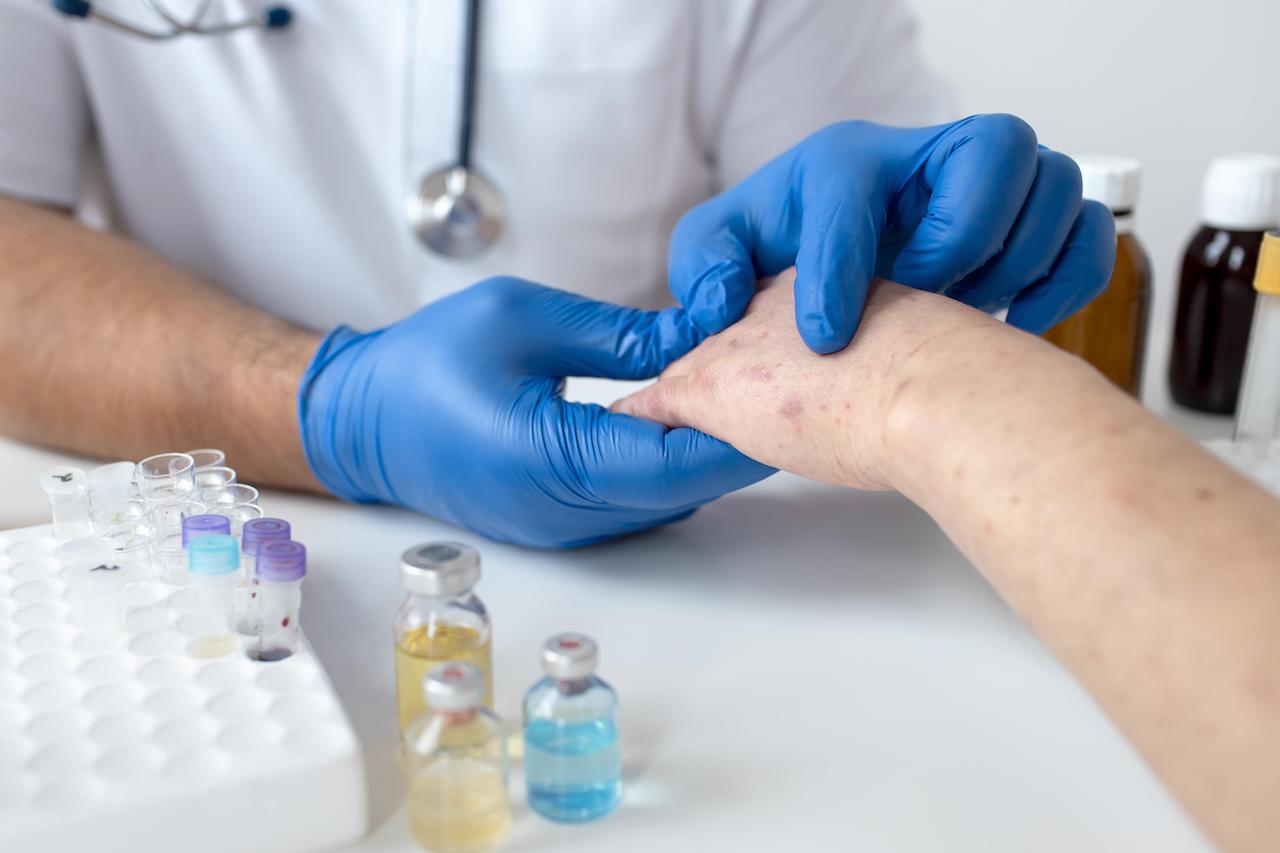Chicken Pox

What is Chicken Pox?
Who is at risk from Chicken Pox?
Chickenpox vaccines are not part of the childhood vaccination program in the UK; therefore all children are at risk of getting chicken pox. However, in children symptoms are mild and complications are rare. Some people have a higher risk of developing serious complications from chicken pox. These include:
- People who have a weakened immune system through illnesses such as HIV or treatments like chemotherapy
- Pregnant women
What are the symptoms?
The main symptom of chicken pox is an itchy, spotty rash which can anywhere on the body including inside the mouth and around the genital which can be painful. Chicken pox occurs in 3 stages:
- Small spots appear –
- The spots become blisters.
- The blisters become scabs – some scabs are flaky while other leak fluid.
New spots can appear while others becoming blisters or forming a scab. Other Symptoms include:
- A high temperature
- Aches and pains, and generally feeling unwell
- Loss of appetite
Chicken pox is very itchy and can make people feel miserable, even if they do not have many spots. The posts look the same on children and adults. Adults usually have a high temperature for longer and have more spots than children.
Can I use the DC Chicken Pox Vaccination Service?
Vaccination is recommended to people who are not immune to chickenpox and are in close contact with people at risk of becoming seriously ill if they catch it. This includes:
- Those with a with a weakened immune system like those having chemotherapy.
- Any children in close contact with someone having chemotherapy.
- Pregnant women
- Those whose job puts them at risk e.g., healthcare workers in contact with patients (including cleaners, catering staff and reception staff) or laboratory staff.
The vaccine is not given to:
- People with a weakened immune system as the vaccine contains small amounts of the live virus that causes chickenpox.
Your DC pharmacist will double check your suitability for the vaccine.
What are the side effects to the Chicken Pox Vaccine?
Common Side Effects
The most common side effects of the chicken pox vaccine are:
- Soreness and redness around the injection site – this happens in 1 in 5 children and 1 in 4
teenagers and adults. - A mild rash – this happens in 1 in 10 children and 1 in 20 adults.
- High temperature
Serious allergic reactions (anaphylaxis) are area. They occur in around 1 in a million vaccinated
people. Your DC team are fully trained to deal with these types of reactions. Millions of doses have
been given, and there is no evidence of any increased risk of developing a long-term health
condition as a result of the vaccination.
What happens next?
- Book a virtual consultation via online portal
- A DC pharmacist will review your suitability for the yellow fever vaccine service
- Receive vaccine at our centres
